“Let the Right One In” is both terrifying and tender while exploring extremes and interpersonal relationships in a delicately haunting way.
Let the Right One In has always been a perfect example of how horror creatives can blend elements of other genres successfully to make affecting horror. The genre has never been wholly one thing or another and facilitates a space to explore the complexities of humanity.
The 2008 Swedish film is an adaptation of the novel by John Ajvide Linqvist and is directed by Tomas Alfredson. It’s a truly gorgeous experience that shows that the ideas of beauty and the grotesque are not always diametrically opposed but instead walk hand in hand.
The film follows a lonely and bullied young boy named Oskar.
Oskar does not fit in with his peers and is subsequently and mercilessly tormented by them on a daily basis. He finds a reprieve in the mysterious Eli, a young child who has moved into Oskar’s apartment complex with her caretaker. Eli is strange and subsequently fascinates Oskar.
The two forge an unforgettably strong bond that only becomes stronger when Oskar learns that Eli is a vampire and must drink human blood for survival.
The idea that unconditional love actually exists is intrinsically woven into the fabric of the tale.
Bullying has taken a toll on Oskar’s confidence and self-esteem.
He has no friends to speak of and most of his time is spent alone. The film doesn’t shy away from the complicated existence of children who are socially isolated via bullying. This has caused Oskar to be awkward and shy and has put him in a state of mental turmoil.
The one constant in his life is an overworked mother who tries to do her best to support herself and her son. Oskar’s father is negligent and a distant figure in his son’s life, compounding Oskar’s sad situation. The compounded difficult realities of his life have created a complex and traumatic environment for such a young boy to face. Oskar is at a marked disadvantage, and it’s not his fault nor is it his mother’s.
There is little support for children who are bullied and for single mothers in general. The lack of a support system has caused society to fail Oskar twofold. He’s left to wander through life as a forlorn pariah.
Any person who suffered from bullying will feel a kinship to Oskar and his sadness. The emotional gravity that surrounds Oskar’s narrative is treated with the respect it needs. Bullying is often dismissed as a societal right of passage rather than the emotional and often physical abuse that it is.
Eli is also as lonely and isolated as Oskar is.
Eli — who goes generally by she/her pronouns but is presented as generally androgynous — is a vampire.
Due to her bloodlust and the young age she was changed, she has been reduced to relying on a man who is a pedophile named Hakan in order to survive. It’s a depressing existence, and every bit as heartbreaking as Oskar’s. Her own melancholy is terrifyingly palpable.
Part of the horror of Let the Right One In is rooted in Eli and the lengths she has to go to survive. Her past is hinted to be traumatic, and it’s quite possible that she was assigned male at birth and at some point forcibly castrated. This adds a layer to the story that explores gender identity, as well as the genital mutilation of children.
The film slyly questions the outdated ideas of a strict gender binary in a subtle and affecting way while exploring Eli’s humanity in spite of her vampirism.
Eli’s relationship with Oskar allows her to interrogate her own humanity despite her vampirism. She is still extremely human even though she technically isn’t anymore. Oskar appeals to the mortal elements that she still possesses. Eli empathizes with Oskar and their relationship grows from friendship to love. Eli allows herself the joy of connection and closeness with another person.
Connection is what makes people stronger and allows everyone to revel in the strength of creating an important, integral, and unconditional bond with another being.
There’s a beautiful tenderness to Eli and Oskar’s romance that is reminiscent of a child’s fairytale.
It’s innocent and charming and thrives on the premise that love knows no bounds and limits.
Eli’s vampirism and ambiguous gender matters not to Oskar. He loves Eli regardless. Most people long for a kind of romance like that, one that’s depth knows no real limitations.
The connection has a positive effect on both Eli and Oskar, but importantly Eli emboldens Oskar to stand up for himself. Her influence on him is positive. Since none of the adults at the school are looking out for Oskar, Eli implores Oskar to fend for himself. Eli’s relationship with Oskar empowers him in a way that he wasn’t prior.
This is what love should be. It should be empowering for the people in the relationship. Love should build people up and make them stronger instead of diminishing them.
For such an odd dynamic, Eli and Oskar’s wholehearted and compassionate love for one another is surprisingly healthy. Horror isn’t technically famous for stable relationships and romances, but Oskar and Eli are a compelling argument in favor of horror being the perfect genre to explore the nuances of romantic love.
Eli is able to enjoy a connection unlike any other that she has experienced before.
It’s not a relationship built on a one-sided need.
Her connection to Oskar exists outside of the need to survive. Eli’s relationship with Hakan is built on convenience and the need for blood. She appears as a child, so naturally, she needs a human guardian to appear as her parent. Hakan takes advantage of this need because Eli is childlike in countenance. His own perversions cause him to cling to Eli.
It’s perhaps one of the most disturbing and dark facets of the film and is pointedly uncomfortable. Hakan is portrayed as pathetic and codependent and in a darker light than even Eli. He is devoid of his humanity, and the movie rightly condemns him. While the audience feels pity and sympathy for Eli, Hakan engenders the viewer with disgust.
Let the Right One In manages to be both bleak and hopeful at the same time.
It mimics the nature of life and how it can be both rife with light and dark. As people, we cling to the notion of goodness and love persevering. It makes life worth living. Love should be unconditional, and it should be supportive. Eli and Oskar are a reminder of what love should look like and that it can be stronger than the limitations and hardships that we face.


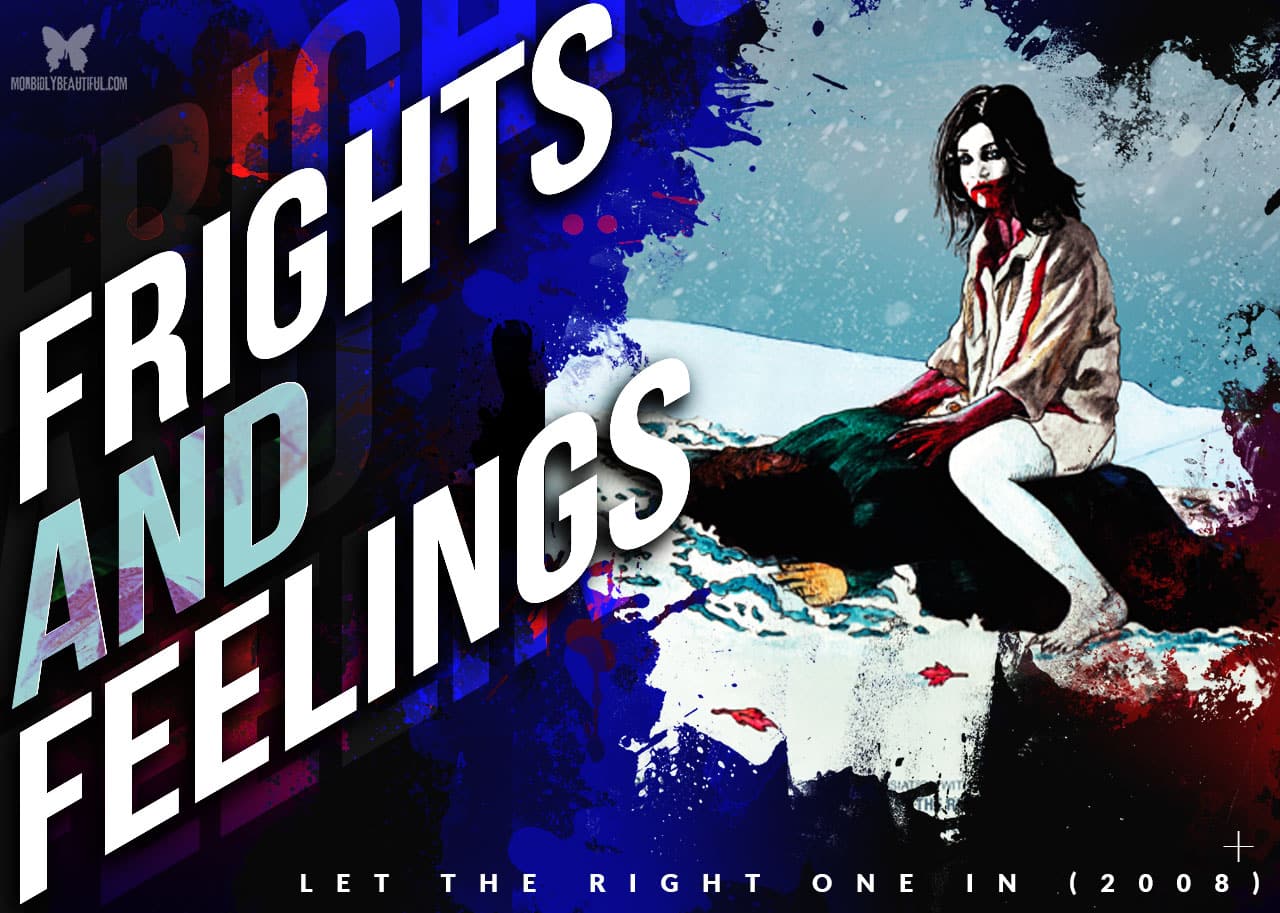
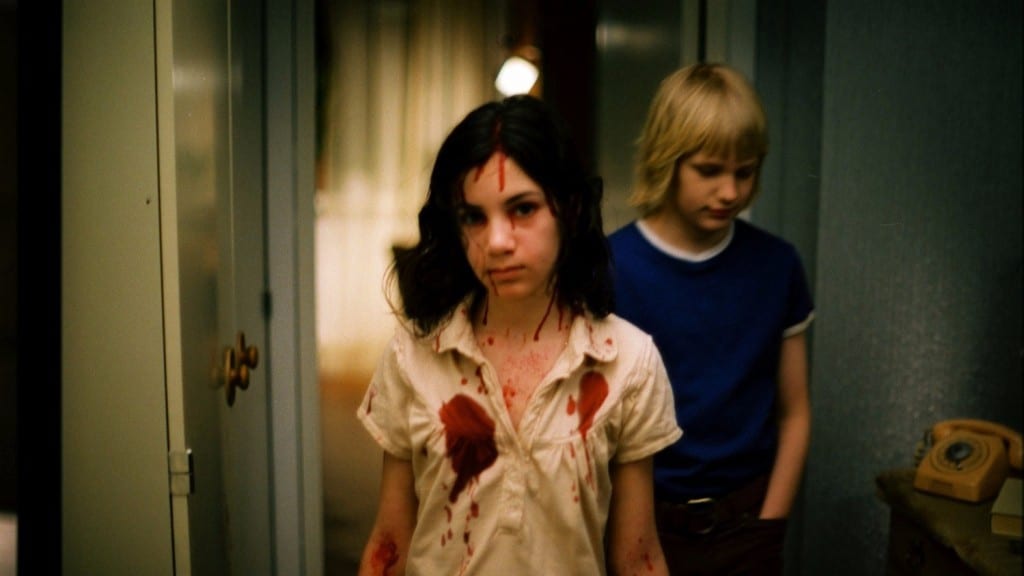
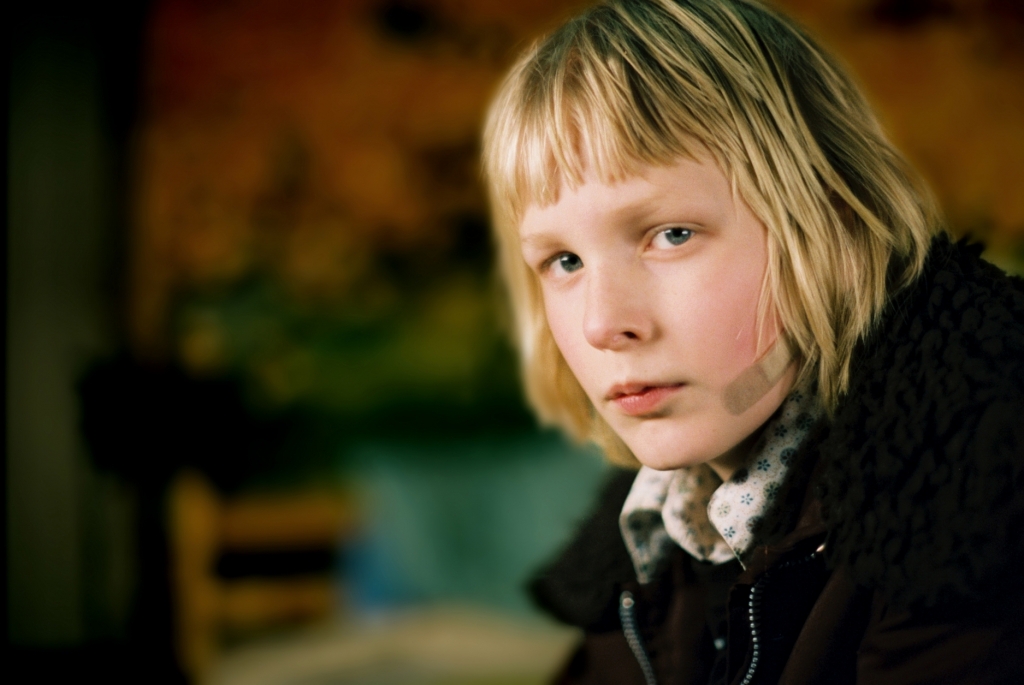
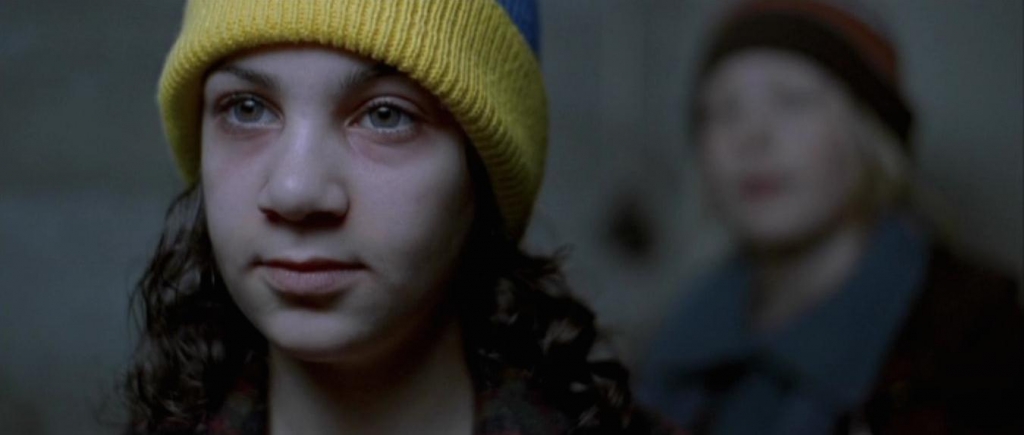
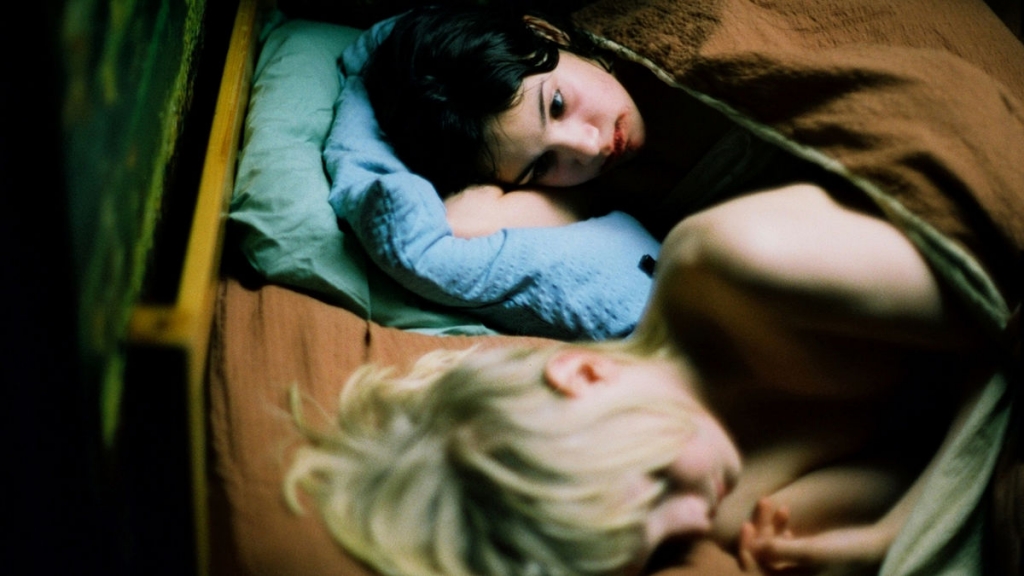
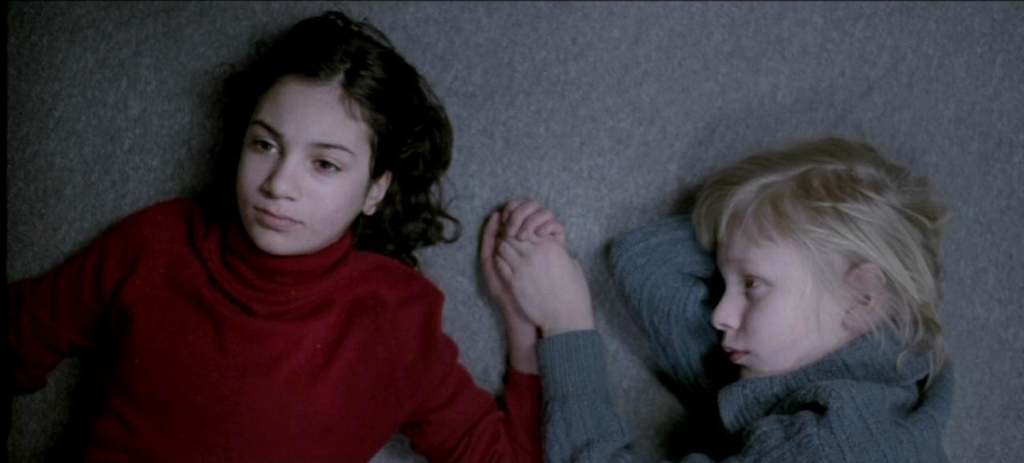








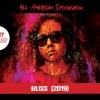


Follow Us!